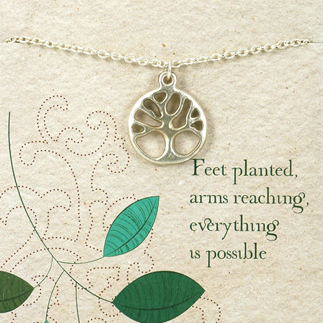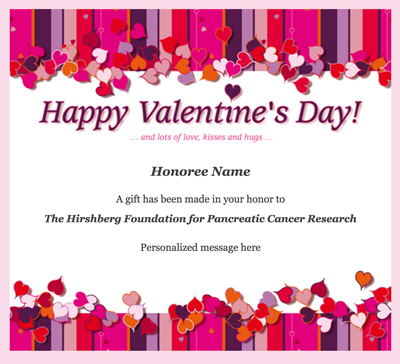Dear Hirshberg Foundation Family,
When 2021 began, I felt a renewed sense of hope for great things to come as we forged ahead with our efforts to be part of the cure. Our scientists, who you helped fund, are reminding the world that anything is possible when the goal is to save lives. This year we look forward to our investigators delivering exciting results, offering new & innovative resources to patients, and bringing our community together again. I feel optimistic and hope you do too!
In January I was given the greatest gift imaginable for my birthday. We hosted our first Patient & Family Webinar celebrating a 10-year, 20-year and 30-year survivor as they shared their personal journeys. Guests from 3 continents learned from these remarkable survivors, or ‘thrivers’ as one of our speakers identified. What was once thought to be impossible has already become a reality – a full and healthier life after a diagnosis. And the common message from everyone was “Don’t listen to statistics!” These insightful monthly webinars will continue and I promise an informative year for patients and caregivers nationwide.
I also recently received notice that our Chief Scientific Advisor, Dr. Vay Liang Go, received the 2021 American Gastroenterology Mentor Award. He is the Co-Director of the UCLA Hirshberg Center for Pancreatic Diseases and has been instrumental in the creation of this center and mentoring young investigators over the years. Dr. Go has helped lead our vast research efforts making his role in our foundation’s growth pivotal. The pancreatic cancer medical community has made incredible strides with his guidance and we are profoundly grateful.
The progress we’re making is a joint effort and results become a reality because of your donations. Your first donation or monthly gift of 2021 will allow us to keep providing invaluable patient resources and pursue more collaborative research projects. As we raise awareness throughout February’s National Cancer Prevention Month, we ask for your support. Help us continue to take proactive steps to prevent a pancreatic cancer diagnosis for all loved ones in the future!
With gratitude,
Agi
Founder


